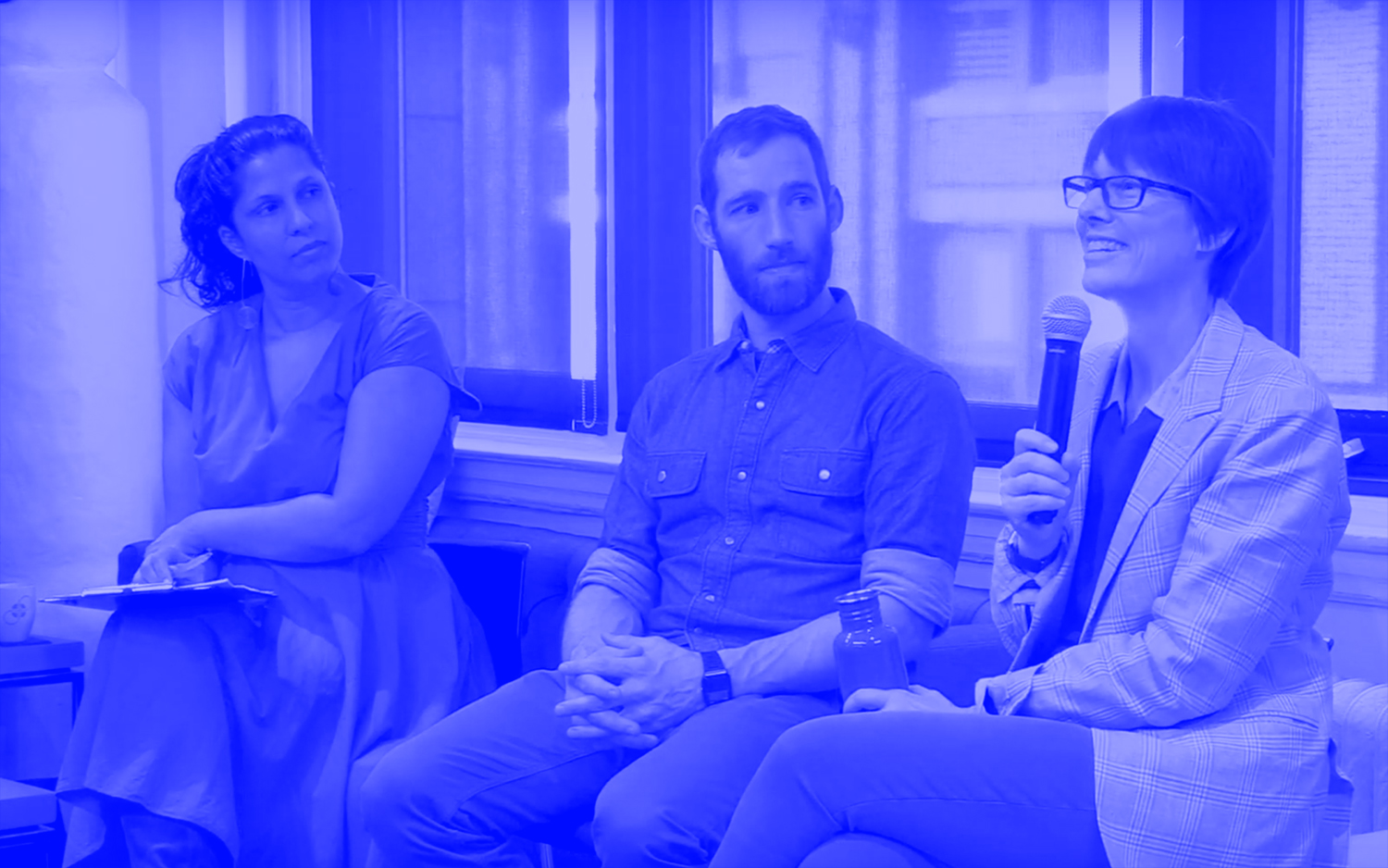Mary L. Gray’s talk is based on her latest book, Ghost Work: How to Stop Silicon Valley from Building a New Global Underclass, a collaboration with computer scientist Siddharth Suri. Ghost Work is a necessary and revelatory exposé of the invisible human workforce that powers the web—and that foreshadows the true future of work.
Hidden beneath the surface of the web, lost in our wrong-headed debates about AI, a new menace is looming. This book unveils how services delivered by companies like Amazon, Google, Microsoft, and Uber can only function smoothly thanks to the judgment and experience of a vast, invisible human labor force. These people doing “ghost work” make the internet seem smart. They perform high-tech piecework: flagging X-rated content, proofreading, designing engine parts, and much more. An estimated 8 percent of Americans have worked at least once in this “ghost economy,” and that number is growing. They usually earn less than legal minimums for traditional work, they have no health benefits, and they can be fired at any time for any reason, or none.
There are no labor laws to govern this kind of work, and these latter-day assembly lines draw in—and all too often overwork and underpay—a surprisingly diverse range of workers: harried young mothers, professionals forced into early retirement, recent grads who can’t get a toehold on the traditional employment ladder, and minorities shut out of the jobs they want. Gray and Suri also show how ghost workers, employers, and society at large can ensure that this new kind of work creates opportunity—rather than misery—for those who do it.
Amara.org co-founder Dean Jansen joins Mary in a conversation moderated by Data & Society’s Director of Research Sareeta Amrute.
Mary L. Gray is a Senior Researcher at Microsoft Research and Fellow at Harvard University’s Berkman Klein Center for Internet and Society. She maintains a faculty position in the School of Informatics, Computing, and Engineering with affiliations in Anthropology, Gender Studies and the Media School, at Indiana University. Her research looks at how technology access, material conditions, and everyday uses of media transform people’s lives. She is the author of In Your Face: Stories from the Lives of Queer Youth and co-editor of Queering the Countryside: New Directions in Rural Queer Studies, a Choice Academic Title for 2016. Her second book, Out in the Country: Youth, Media, and Queer Visibility in Rural America, looked at how young people in the rural United States use media to negotiate their sexual and gender identities, local belonging, and connections to broader, imagined queer communities. The book won awards from scholarly societies in Anthropology, Media Studies, and Sociology.
About Databites
Data & Society’s “Databites” speaker series presents timely conversations about the purpose and power of technology, bridging our interdisciplinary research with broader public conversations about the societal implications of data and automation


